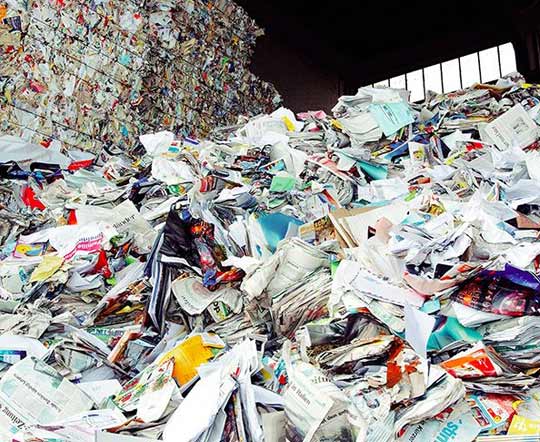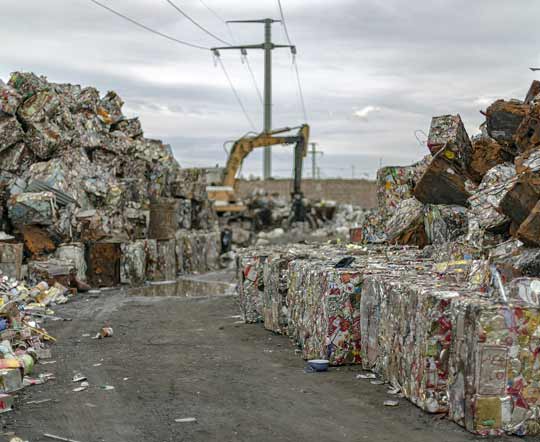Dry Waste
Industrial
Dry Waste
Dry waste refers to waste materials that are not wet or organic in nature. This category typically includes items such as paper, cardboard, plastics, metals, glass, and textiles. Dry waste is generally non-biodegradable and can be recycled or repurposed into new products.
Contact UsDry Waste
Dry waste refers to waste materials that are not wet or organic in nature. This category typically includes items such as paper, cardboard, plastics, metals, glass, and textiles. Dry waste is generally non-biodegradable and can be recycled or repurposed into new products.
At our organization, we are committed to managing dry waste efficiently and sustainably. Here’s how we handle dry waste and the environmental benefits of our recycling efforts:
- Collection Points: We have established multiple collection points across our facilities to gather dry waste. Employees and visitors are encouraged to dispose of dry waste separately from wet waste.
- Segregation: The collected dry waste is then segregated into different categories—paper, plastic, glass, metals, and textiles. This segregation is crucial as it simplifies the recycling process and enhances the quality of recycled materials.
What we does
- Sorting: The segregated waste is further sorted to remove any contaminants or non-recyclable materials. This step ensures that only pure recyclable materials proceed to the recycling phase.
- Processing: Each type of dry waste undergoes specific processing methods: Paper: Recycled into new paper products, reducing the need for virgin pulp and saving trees. Plastic: Processed into pellets or flakes that can be used to manufacture new plastic products, thus lowering the demand for new plastic production. Glass: Crushed and melted to create new glass products, minimizing the extraction of raw materials. Metals: Melted down and reformed into new metal products, conserving natural resources and reducing energy consumption. Textiles: Repurposed into new fabrics or used in industrial applications, promoting circularity in the fashion and textile industry.
Environmental Benefits
- Resource Conservation: Recycling dry waste conserves natural resources by reducing the need for raw materials. For example, recycling paper saves trees, while recycling metals conserves ores.
- Energy Savings: Recycling often consumes less energy compared to producing new materials from scratch. For instance, recycling aluminum saves up to 95% of the energy required to produce it from bauxite ore.
- Reduction in Greenhouse Gas Emissions: Recycling processes generally emit fewer greenhouse gases than manufacturing new products. By recycling, we contribute to lowering the overall carbon footprint.
- Waste Reduction: Proper handling and recycling of dry waste reduce the amount of waste that ends up in landfills. This not only conserves landfill space but also mitigates the risk of soil and groundwater contamination.
- Pollution Reduction: By diverting waste from incineration and landfills, recycling minimizes air and water pollution. This helps protect ecosystems and enhances overall environmental health.
- Economic Benefits: Recycling creates jobs and promotes a green economy. It supports industries that turn waste into valuable products, fostering innovation and sustainable business practices.
Our Commitment
Our organization is dedicated to continuing and expanding our dry waste recycling initiatives. By doing so, we aim to lead by example in the corporate sector, demonstrating that sustainable waste management is not only beneficial for the environment but also economically viable. We encourage everyone to participate actively in our recycling programs and contribute to a cleaner, healthier planet. Together, we can make a significant impact on reducing environmental pollution and promoting sustainability through the responsible handling of dry waste
Why Choose Waste Managment

Recycling is a process that converts the waste material into new refines.

Are you Look for authorised recycler of your electronic items waste here!

We dispose most industrial item's waste appropriately and neatly.

We dispose of your waste in the most eco-friendly ways for the earth.







